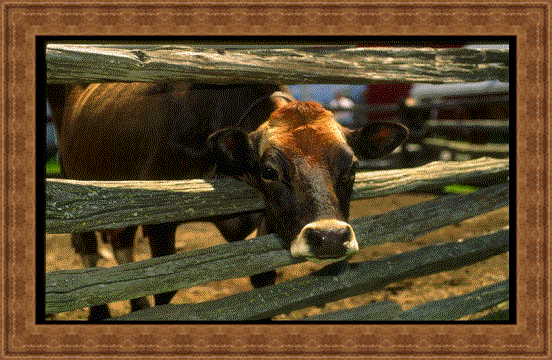The knowledge of God is obtained from His
word. The experimental knowledge of true godliness, found in
daily consecration and service, ensures the highest culture of
body, mind, and soul. This consecration of all our powers to
God prevents self-exaltation. The impartation of divine power
honors our sincere striving after wisdom that will enable us
to use our highest faculties in a way that will honor God and
bless our fellow men. As these faculties are derived from God,
and not self-created, they should be appreciated as talents from
God to be employed in His service.
The heaven-entrusted faculties of the mind
are to be treated as the higher powers, to rule the kingdom of
the body. The natural appetites and passions are to be brought
under the control of the conscience and the spiritual powers.
The religion of Christ never degrades the
receiver; it never makes him coarse or rough, discourteous or
self-important, passionate or hardhearted. On the contrary, it
refines the taste, sanctifies the judgment, and purifies and
ennobles the thoughts, bringing them into captivity to Christ.
God's ideal for His children is higher than the highest human
thought can reach. He has given in His holy law a transcript
of His character.
Christ is the greatest Teacher that the
world has ever known. And what is the standard that He holds
before all who believe in Him? "Be ye therefore perfect,
even as your Father which is in heaven is perfect." Matthew
5:48. As God is perfect in His sphere, so man may be perfect
in his sphere.
The ideal of Christian character is Christlikeness.
There is opened before us a path of constant advancement. We
have an object to gain, a standard to reach, that includes everything
good and pure and noble and elevated. There should be continual
striving and constant progress onward and upward toward perfection
of character.
Paul says: "I count not myself to
have apprehended: but this one thing I do, forgetting those things
which are behind, and reaching forth unto those things which
are before, I press toward the mark for the prize of the high
calling of God in Christ Jesus." Philippians 3:13, 14.
This is the will of God concerning human
beings, even their sanctification. In urging our way upward,
heavenward, every faculty must be kept in the most healthy condition,
prepared to do faithful service. The powers with which God has
endowed man are to be put to the stretch. Thou shalt love the
Lord thy God with all thy heart, and with all thy soul, and with
all thy strength, and with all thy mind; and thy neighbor as
thyself." Luke 10:27. Man cannot possibly do this of himself;
he must have divine aid. What part is the human agent to act?
"Work out your own salvation with fear and trembling. For
it is God which worketh in you both to will and to do of His
good pleasure." Philippians 2:12, 13.
Without the divine working, man could do
no good thing. God calls every man to repentance, yet man cannot
even repent unless the Holy Spirit works upon his heart. But
the Lord wants no man to wait until he thinks that he has repented
before he takes steps toward Jesus. The Saviour is
continually drawing men to repentance; they
need only to submit to be drawn, and their hearts will be melted
in penitence.
Man is allotted a part in this great struggle
for everlasting life; he must respond to the working of the Holy
Spirit. It will require a struggle to break through the powers
of darkness, and the Spirit works in him to accomplish this.
But man is no passive being, to be saved in indolence. He is
called upon to strain every muscle and exercise every faculty
in the struggle for immortality; yet it is God that supplies
the efficiency. No human being can be saved in indolence. The
Lord bids us: "Strive to enter in at the strait gate: for
many, I say unto you, will seek to enter in, and shall not be
able." "Wide is the gate, and broad is the way, that
leadeth to destruction, and many there be which go in thereat:
because strait is the gate, and narrow is the way, which leadeth
unto life, and few there be that find it." Luke 13:24; Matthew
7:13, 14.
